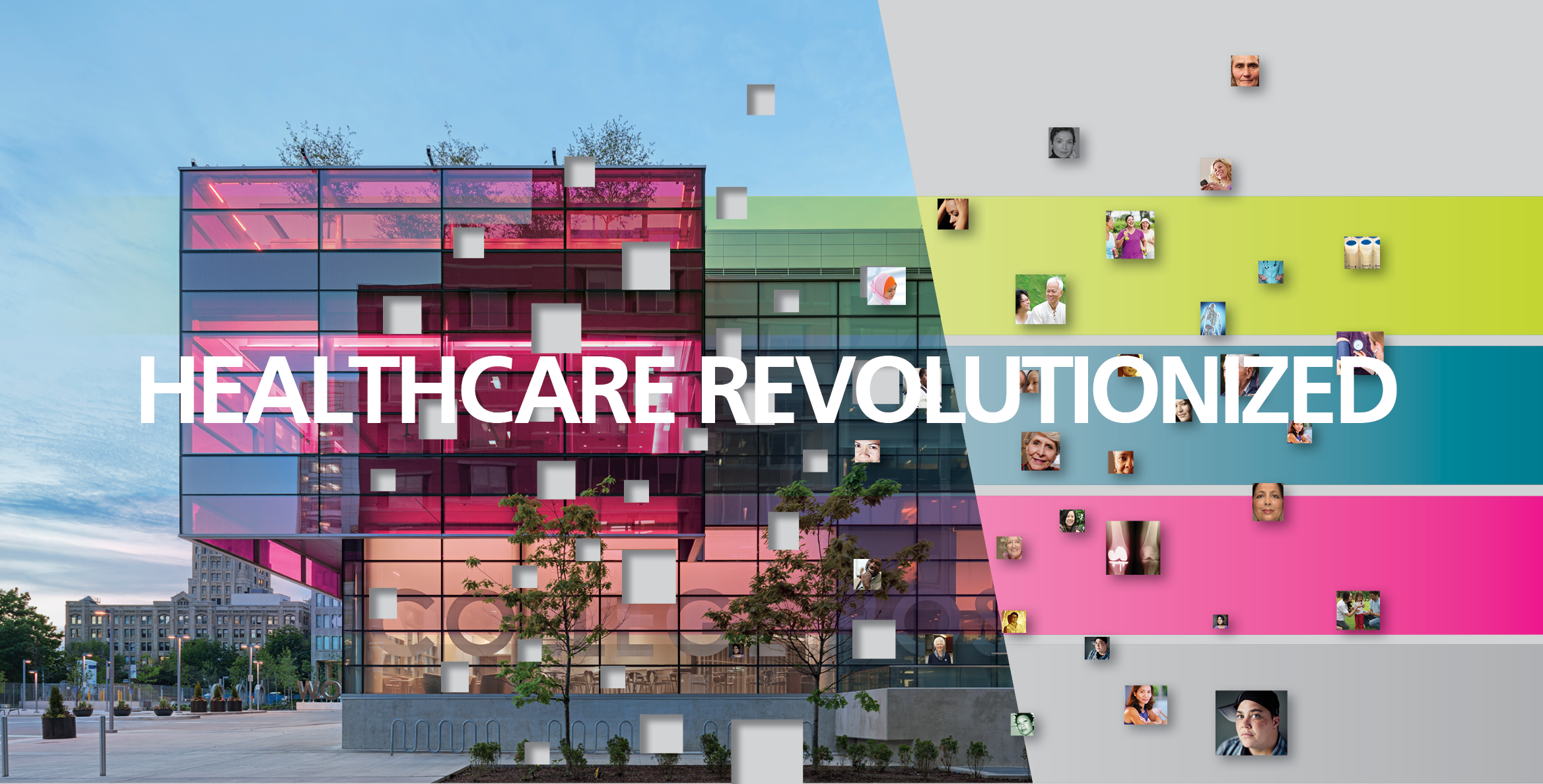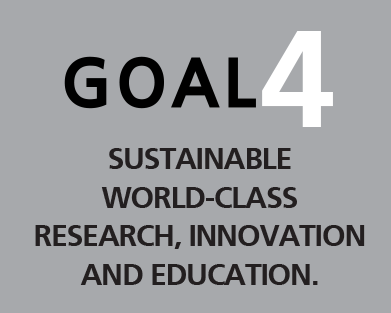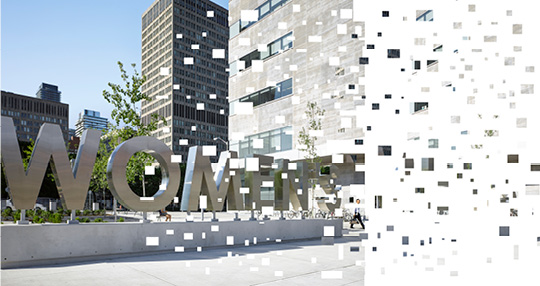
Revolutionizing healthcare
for a healthier, more
equitable world.
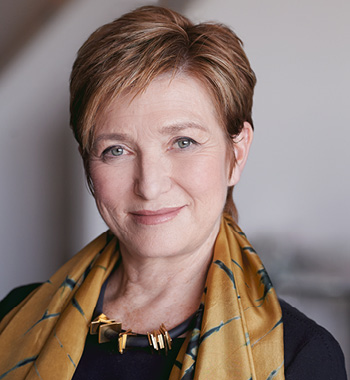
|

|
| Marilyn Emery, President & CEO, Women's College Hospital |
Wendy Cukier, Chair, Board of Directors, Women's College Hospital |
For more than 100 years Women’s College Hospital (WCH) has been developing revolutionary advances in healthcare and we continue to build on this rich legacy established by our founders – courageous pioneers who refused to accept the status quo. Today our hospital culture is still shaped by leaders, healthcare providers and community members who break down barriers and push the boundaries of traditional healthcare in the pursuit of equity and excellence for the 21st century.
READ MOREWomen’s College Hospital is now a leader in health for women, health equity and health system solutions – a hospital designed to keep people out of hospital. We are developing ground-breaking innovations that address the most pressing issues related to population health, patient experience and system costs. We advocate for health equity because we know that a healthy society requires a level playing field where everyone has access to timely, high quality, efficient and compassionate care.
In this next great era for Women’s College Hospital, we are building on an ambitious vision – to revolutionize healthcare for a healthier and more equitable world. We are achieving this bold objective as a unified organization, in partnership with our diverse communities – patients, family members, thought leaders, philanthropists, innovators and disruptors in government, community, academia and the private sector.
Our world-class Women’s College Research Institute (WCRI) is bringing a sex and gender lens into health research, so that the known gaps in diagnoses and clinical treatments for women can be fixed. Our researchers are uncovering breakthrough discoveries that are transforming knowledge and practice. Our Education department is training the health professionals of the future to work in ambulatory environments, where most healthcare is delivered and yet too little education takes place. And WCH Institute for Health System Solutions and Virtual Care (WIHV) is developing innovative approaches and virtual care solutions to improve critical issues such as wait times, variation in quality of care and the optimization of services.
We see a future of Healthcare Revolutionized – where we are setting a new pace for radical redesign in healthcare. Like our founders, we aim to shift the balance of power, to confront gender and social inequities that threaten people’s health, to bring virtual care into the mainstream and to reimagine how ambulatory healthcare services are delivered so we can provide substantial health system solutions and close the health gaps for all.
CLOSEWomen's College Hospital
Strategy 2018 - 2022
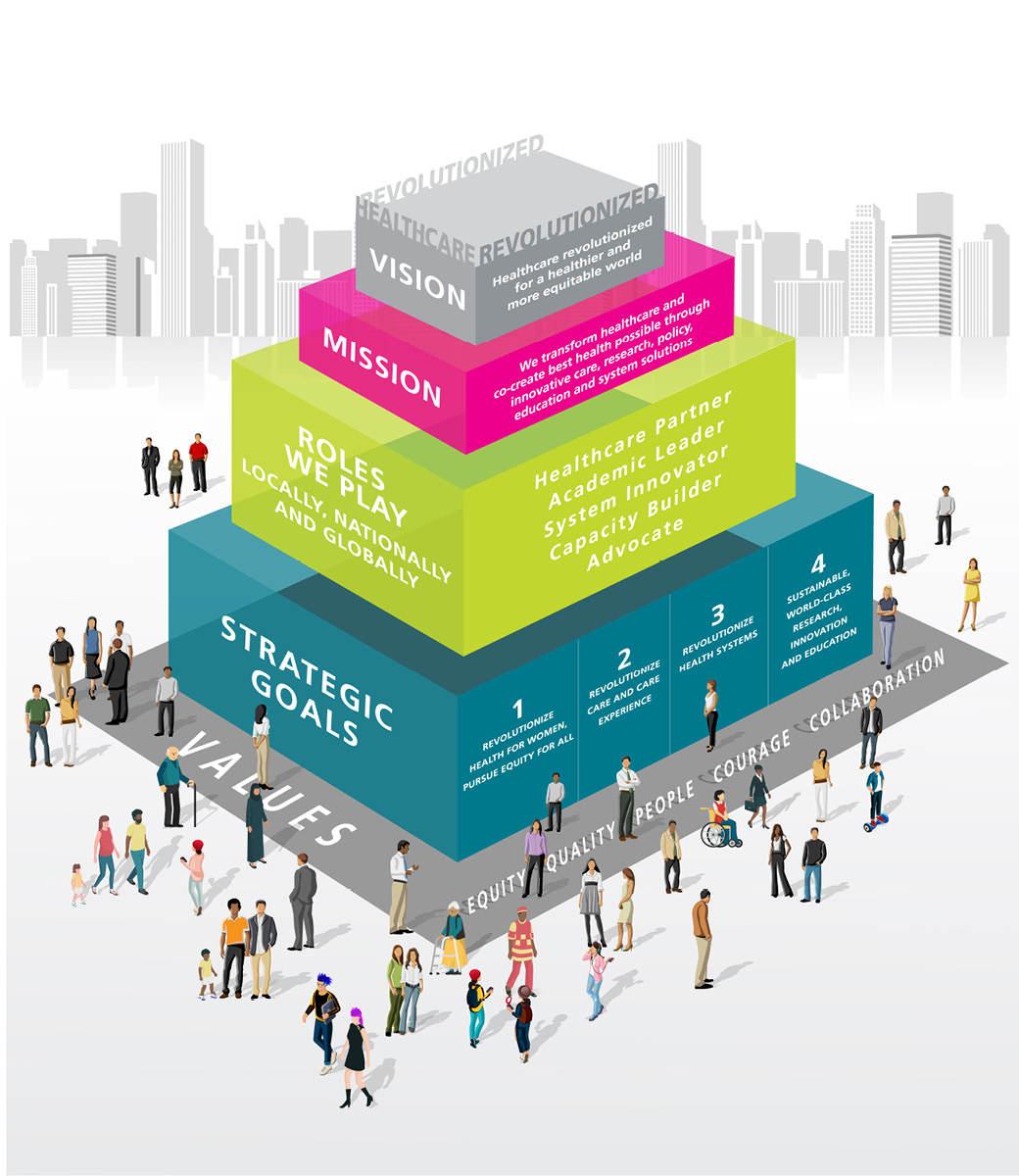
OUR VALUES
Together, we are building a movement to revolutionize healthcare. Our core values drive this movement.
Read MoreEquity
Our value of equity has its roots throughout our history of advancing health for women and women in leadership. Today we strive to have an organization that reflects the diversity of the world we live in and offers the best healthcare options for everyone in it. We believe that just and equitable public policies are a foundation of good health.
Quality
We believe that only through continuous quality innovation and improvement will we impact positive change. We employ and create new, evidence-based practices and processes to ensure a safe and healthy environment for all who work at and visit the hospital.
People
From our patients, staff, clinicians, volunteers, donors and partners, to citizens of our community, we seek out, recognize and value everyone’s knowledge and experiences. We interact with a spirit of collaboration and respect.
Courage
We take pride in having the courage to challenge the status quo. In fact, we see it as a duty and obligation. We consider how we contribute beyond our own organization, department or individual interests. Courage also means that we report both failures and successes with discipline to accelerate learning on how best to improve and to respond as quickly as necessary to support the transformation of healthcare.
Collaboration
We always look beyond our walls, and together with our communities and partners we work as a cohesive unit within and beyond the healthcare system towards a whole that is greater than the sum of its parts.
SERVING OUR DIVERSE COMMUNITIES
WCH BY THE NUMBERS 2017
There are over 60 clinical programs at Women’s College Hospital focused within the
departments of surgery, gynecology, medical imaging, specialized medicine, primary care
and mental health.
100% of visits are ambulatory in nature, meaning that there are no stays over 18 hours.
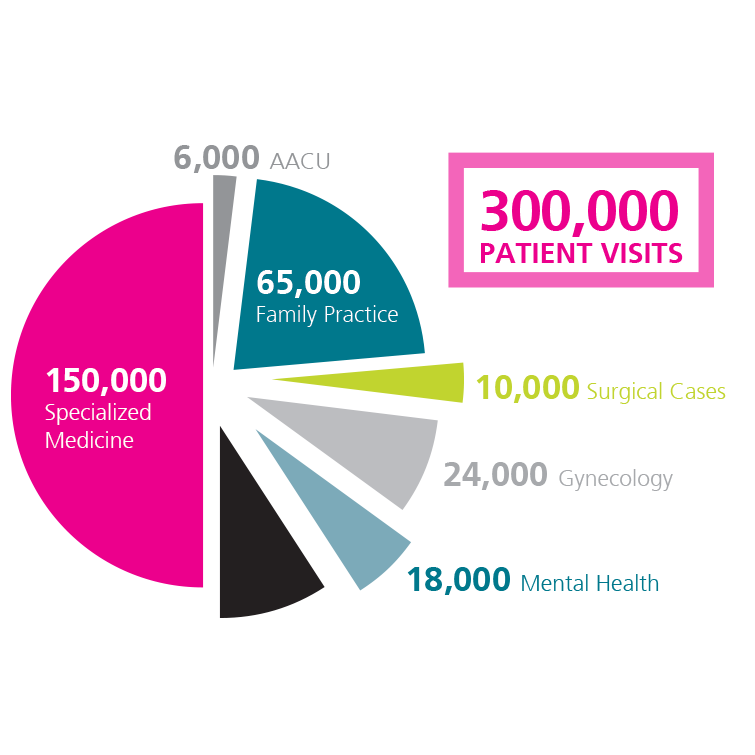
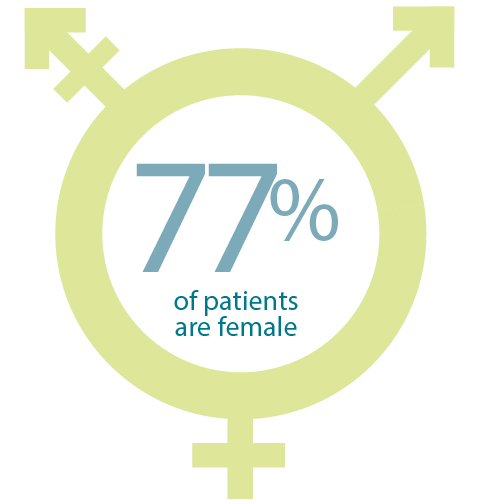
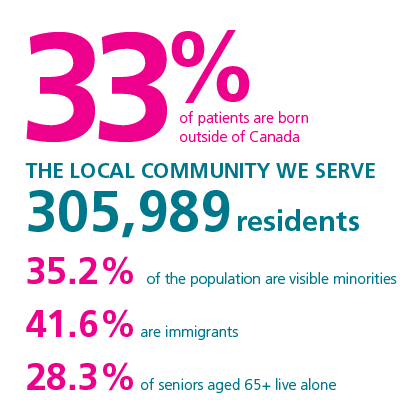
WCH has significant and intersecting
local, national and global roles

Healthcare Partner:
Co-creating best care experience and best health possible in partnership with patients, families and caregivers.
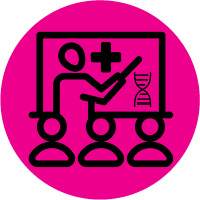
Academic Leader:
Leading and translating high impact health research that changes practice, policy and lives. Educating healthcare professionals and system leaders.

System Innovator:
Delivering healthcare and policy solutions; connecting systems and providers to match care to needs.

Capacity Builder:
Building capacity in our areas of expertise so we can grow our impact by spreading and scaling our knowledge across the system.

Advocate:
Advocating for evidence-informed change to improve access and health equity.
ENVIRONMENTAL SCAN: SYNERGISTIC TENSIONS
Several notable, synergistic tensions exist in healthcare today. At first blush these appear to be opposing trends, but upon review these tensions may be leveraged to make significant strides in establishing new models of care and improved care delivery. The following three tensions were identified as most relevant to Women’s College Hospital:
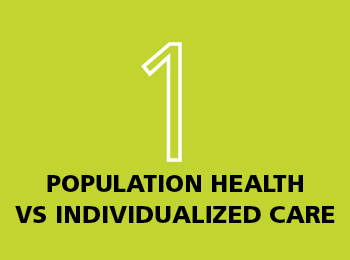
This refers to the philosophical tension of whether healthcare should focus on the individual or draw on evidence from population health when it comes to prevention, care or treatment.
READ MOREOn one hand, clinicians and patients operate in a care environment where care is viewed as a series of separate and distinct transactions. While customized care plans and individual patient experience are important, it is also important to draw on lessons and evidence gleaned from population health. An example of a way of resolving this tension would be by aggregating individual patient data in more meaningful ways so we can identify wider trends in patient groups and understand the biggest population health challenges. As WCH moves forward with optimization of our new electronic record, one goal will be to empower our clinicians and scientists to develop more customized approaches to monitor entire population groups who may be at risk for certain diseases.
CLOSE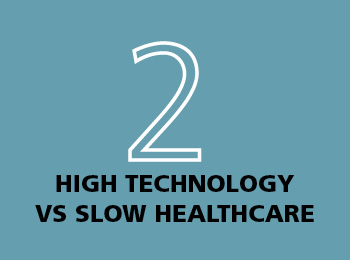
There are many health and healthcare situations for which high technology is changing
the face of prevention, diagnosis and treatment.
However, patients and clinicians often want or require a slower and more hands on, relational approach to healthcare. In part, this tension may be resolved as innovators begin paying closer attention to the goals of the end-users. Women’s College Hospital will be looking to do just that as we leverage and evaluate technologies in partnership with our end-users – patients and clinicians – to improve outcomes and experience. One paradox of care at home demonstrates this synergy: Monitoring patients virtually with regularity can create more intimacy between patient and caregivers than a sporadic, once-every-three-months visit in person and regular interactions enable more individualized care.
CLOSE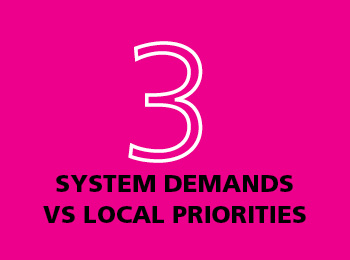
To resolve the tension between local needs and system demands, it’s important to involve patients in the process of sharing their own data and taking an active role in their care.
Communities and patients who are more engaged in research and care have better overall health outcomes, particularly those who are managing chronic diseases. As WCH continues to focus on health system solutions, the current trends and the mandate of the Local Health Integration Networks are to look globally, act locally. This means that best practices and research from around the world need to be adopted locally.
CLOSEIMPLEMENTING THE PLAN
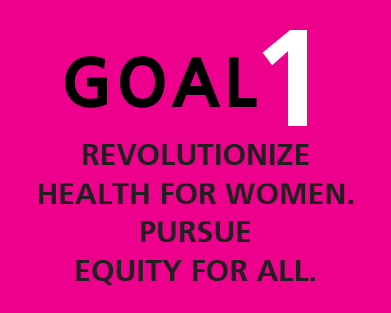
We are undertaking a health revolution that will transform health of women and poorly served populations on a national scale.
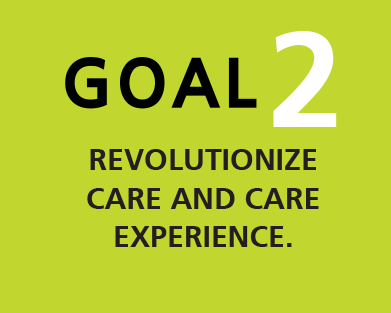
We are undertaking a care revolution that will see new models of technology-enabled care change the face of access in Canada and around the world.
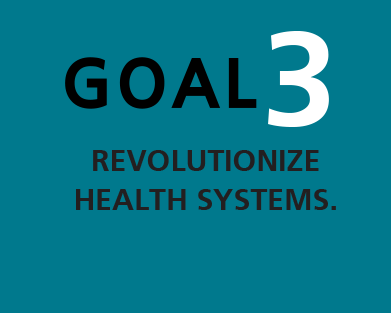
We are undertaking a health system revolution of ambulatory innovation that will drive unprecedented care connections and efficiencies.
Implementation
Success Factors
Engaged and mobilized people, communities and partners
We engage people, communities and partners across all that we do from design to delivery. We recruit, train and retain outstanding talent that reflects the diversity of our communities to keep us at the forefront of discovery and innovation. Revolution is not always comfortable. Existing leaders, both formal and informal, must be targeted to develop new leadership skills. This must be combined with purposeful recruitment in key areas that require extensive work and potentially new skill sets.
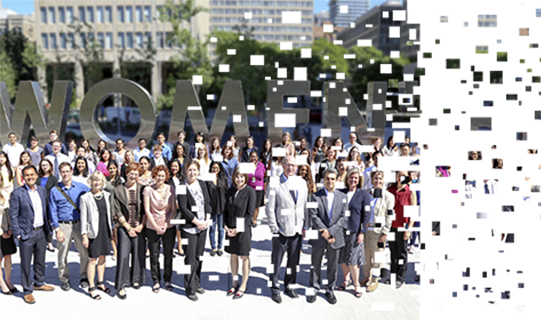
A culture of quality improvement and innovation
We lead initiatives that are bold and ground-breaking and continuously improve upon our current activities. We must actively promote quality improvement culture and capacities across the organization. Work has occurred over the past decade to create an exciting environment where change is embraced and excellence is the goal. Additional focus on innovation processes, rate of change, and comfort with failure will enable this strategy to succeed.
Appropriate data, technology and infrastructure
We improve and integrate new technology and take our use of data and evidence to the next level to drive nimble and agile decision making. Additional resources in this area will be required along with investment in our current technology services.
Resource growth, sustainability and philanthropy
We must achieve sustainable and efficient business models, operations and new sources of revenue and funding. For over a century, Women’s College Hospital has benefited from a generous community of donors. We recognize philanthropy as a fundamental enabler to our success in achieving our ambitious strategy as an academic health science centre.
Rigorous monitoring and fine-tuning of priorities and performance
Clear goals, priorities and actions have been developed and progress toward targets will be closely monitored. Leaders must conduct regular environmental scans and be agile and adaptive as environmental and political contexts change. Rigorous monitoring and fine-tuning of priorities will ensure that strategic objectives are met. Detailed action planning with programs and departments will occur annually across the organization to ensure a cascade of aligned efforts towards achieving the organizational vision.
CLOSECONTACT US
Women's College Hospital (WCH)76 Grenville Street
Toronto, ON M5S 1B2
Phone: 416-323-6400
Website: womenscollegehospital.ca
For media inquiries please email media@wchospital.ca.
Stay Connected
To subscribe to our digital publications,
please visit our website at:
womenscollegehospital.ca/stay-connected.
